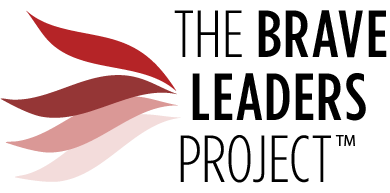Do You Have the Guts to Lead? These Four Traits Are Universal Among Brave Leaders
Do you ever find yourself saying these words? Perhaps they even keep you up at night, when you’re thinking about an issue you care about a lot.
We have all experienced this — the uncomfortable feeling that something is out of line with our personal values. When it comes to large problems, these thoughts can quickly become overwhelming. How can one person make a difference?
The coronavirus and its effect on the world around us, climate change, shifting political winds, or even something much smaller, like the repressive culture in the company we work for — all of these are examples of things that many of us care about deeply, but feel powerless to do anything about.
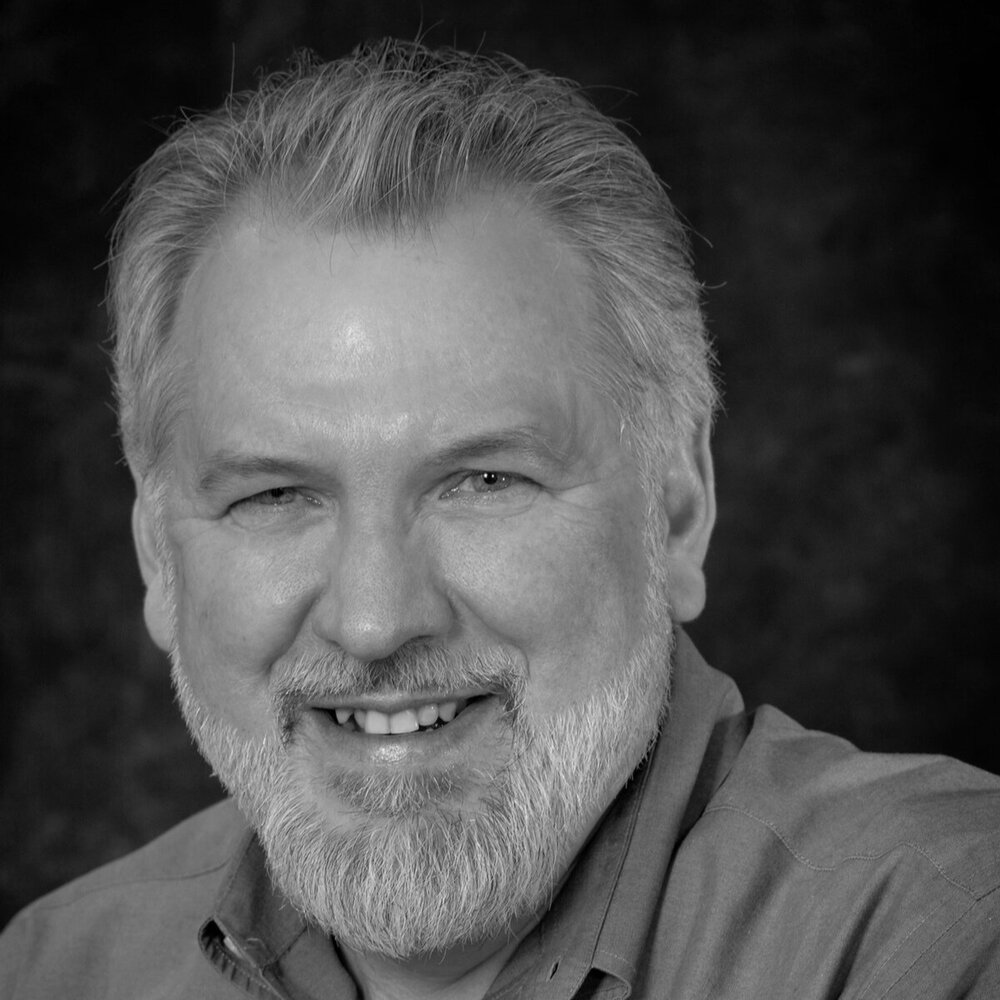
For our book Brave Leaders: Finding The Guts To Make Meaningful & Lasting Change, we spoke with over 50 people who did take action and, often, had a significant impact on the world around them, despite the risks or the difficulty of their mission. Here’s the most important thing we learned from them: You can do something. In fact, it is entirely possible for each of us to have a positive impact, whether it is among our family and friends, in our workplace, or on the world’s most pressing issues.
We learned something else, too: Having a significant impact takes commitment, as well as a combination of four specific personal characteristics, which we have come to name The Four Universal Traits of Brave Leaders.
Let’s examine what these traits are, how they help brave leaders create meaningful change, and how you can cultivate them yourself. But first, let’s take a moment to consider this question:
What is a Brave Leader, Anyway?
Brave Leaders co-author Margareta Barchan, describes a “brave leader” as “somebody who has the guts to do the things that really make a positive impact on the world.”
Edward G. Happ, who has spent his life working as a leader in sectors as diverse as education, non-profit, and technology, invoked two famous quotes to define bravery. “Emerson once said that a hero is no braver than an ordinary man, but he is brave five minutes longer. And General Patton said that courage is fear holding on a minute longer. If courage is fear holding on a bit longer, then it is possible for anyone.”
As Happ added, “this is encouraging.” Now, let’s take a look at how we can develop our courage, by cultivating these four traits:
Altruism
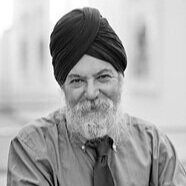
Ultimately, this is what all brave and meaningful action starts with: Caring about something bigger than yourself, whether it is climate change or the mission of the organization you work for.
Here’s the defining question each brave leader starts with: We all care about certain things, but what do I care about more than even myself? In fact, in many cases this isn’t even a question; rather, the answer presents itself as an urge, as something we can’t ignore and feel like we need to do something about.
But altruism without a willingness to act is meaningless. We may care, but does it lead us to take action? Do we decide: This is my time to get involved?
Humility
When we care strongly about something, it is easy for our convictions to turn into a belief that we know the right thing to do. Do we have the humility to stop and ask those around us for their thoughts? Do we have the willingness to listen to them and change course if their ideas are better than our own?
For Brave Leaders, we spoke to Scottish civil servant Alison Brimelow. She described being appointed at the helm of a large EU-institution: “In my first year or so, I gave the opportunity to everybody (seven thousand people) to spend time in a small meeting with me. It was called ‘Educate the President.’”
Perseverance
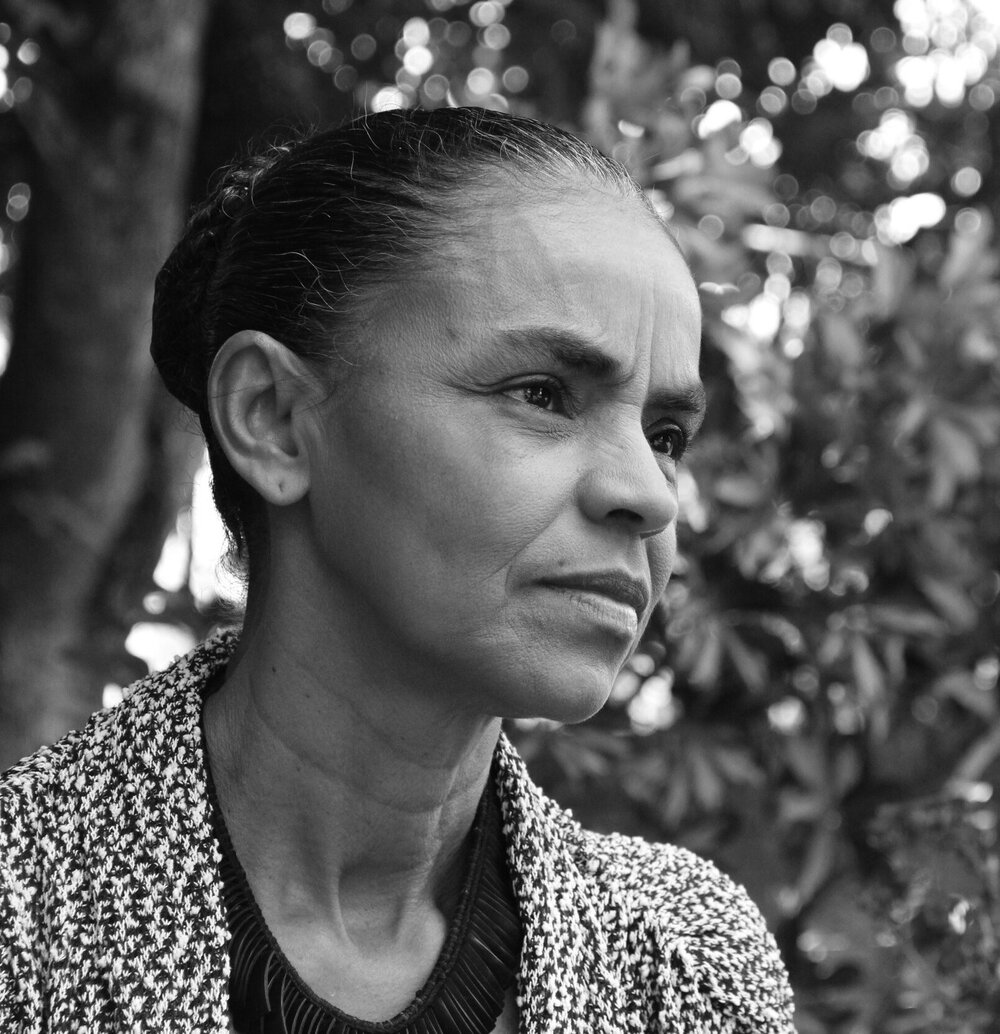
Real, lasting change often takes a long time to accomplish. Are we willing to commit large parts, or even all of our life to this cause? Are we ready to accept that the results of our work may only bear fruit after we have passed on?
As Tony Rinaudo, Australian humanitarian and missionary worker, said in Brave Leaders: “It takes courage to have a long-term view and to maintain the vision and the goal, despite the immediate reality that something doesn’t look like it’s going to work out anytime soon. A brave leader has the persistence, and maybe stubbornness, to keep going.”
In addition, when we try to challenge the status quo, we are likely to face pushback. Are we committed enough to persevere, even in the face of criticism?
Composure
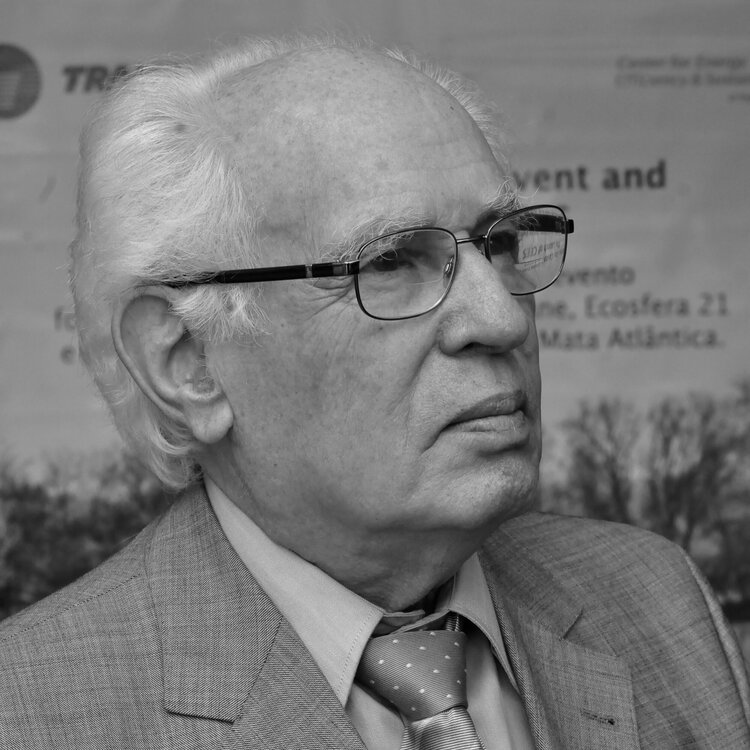
Sometimes, pushback can become severe, and continuing to fight for our cause can put our careers, reputation, or even safety at risk. When we face a situation like that, are we able to effectively manage our fears? And even long before this may happen, are we able to recognize what scares us? Are we ready to see how our fears perhaps keep us from doing what we know to be right, and are we able to do it anyway?
We spoke to José Goldemberg, a Brazilian physicist who publicly and vocally criticized Brazil’s military regime and their plans to build nuclear reactors in the 1970s. “Sometimes there are very high costs to being courageous,” he said. In Goldemberg’s case, his own safety and that of his family were in serious jeopardy, but he didn’t change his course of action: “Once you make a discovery, people can either torture you or celebrate you. So it’s a question of integrity as a scientist to expose the truth, despite authority figures trying to force you to do other things. I never thought of that as such a great act of bravery, but rather as a duty.”
Cultivate Your Own Bravery
José Goldemberg’s last comment is far from unique among those featured in Brave Leaders. None of the people we interviewed looked at themselves as anything special, or as particularly courageous. To use Edward G. Happ’s words, this, too, is encouraging. If these people, who see themselves as ordinary, can have an extraordinary impact, then all of us can.
We have three recommendations for anyone who wants to change the world around them, no matter how large or small:
Find stories of other people who have taken brave action, and use them as inspiration.
Reflect on their stories, and ask yourself what you can learn from them and how you can apply their insights to your own life.
In particular, focus on The Four Universal Traits introduced above, and ask yourself how you can cultivate them in your own life.
A good place to start is our free, 5-minute Gut Check, which helps you assess how you currently score on The Four Universal Traits. Take the Gut Check here, and remember: Regardless of your current score, cultivating bravery is possible for all of us.
